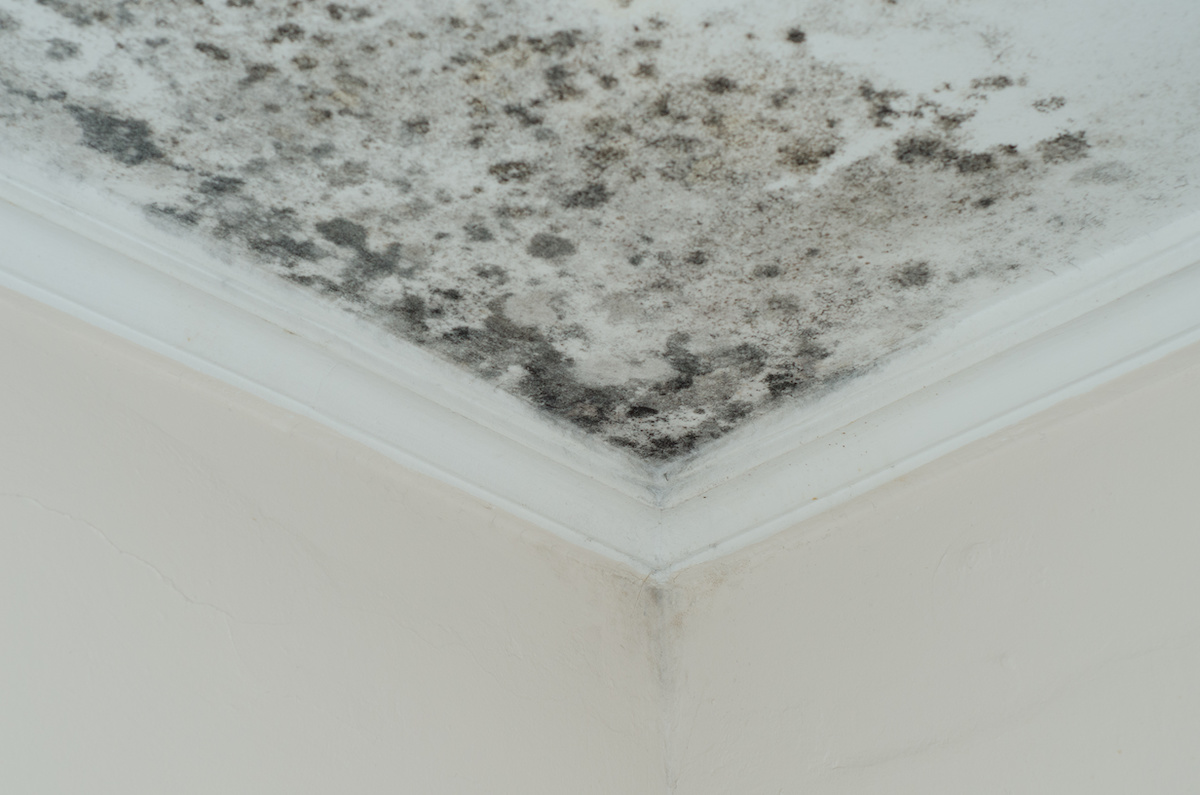Health Effects of Mold

When it comes to things that are biohazardous, remains and waste aren’t the only things to worry about. Another frequent problem for many people, especially in more wet environments is mold. Left unchecked and mold can grow past its normal, natural levels and create a hazardous living condition. Here’s what to know about the health effects of mold!
The Basics of Mold
Mold covers a huge range of different fungal species. Mold spores are all around us as they’re microscopic. When water gets into your property, that increase in moisture allows the mold spores to take hold and start growing.
Mold in the home is found in damp, dark areas such as kitchens, laundry rooms, bathrooms, plumbing areas, and any areas with poor ventilation and potential flooding.
Here are some more mold facts to give you a baseline of mold knowledge
- Mold is present just about everywhere – indoors and out.
- Mold can grow in as little as 48 hours!
- Mold can enter your home through windows, doors, HVAC, or in the fur of your pet.
- Mold colonies may produce allergens and irritants and have the potential to cause other health effects when inhaled.
- Indoor humidity above even 45% is enough to support mold growth.
Health Effects of Mold
Molds may be a common enough thing out there in the world but that doesn’t mean they are healthy obviously. When present in sufficient quantities, mold spores are a health hazard causing all manner of health troubles such as respiratory problems or allergic reactions, and more.
Certain molds produce mycotoxins – toxins that can cause serious trouble for humans and pets. These mycotoxins can cause neurological disorders, even potentially death. Extended exposure, such as from being present in your home and daily exposure, is particularly harmful.
Common allergic reactions to mold include symptoms such as itchy, watery eyes, chronic coughs, headaches or migraines, breathing troubles, rashes, sinus issues, tiredness, and sneezing.
Who Is Most At Risk For Health Problems from Mold Exposure
People with allergies are certainly likely to be more sensitive to molds. Those with immune disorders, or have underlying lung diseases are particularly susceptible to the infections caused by mold. Anyone with a chronic respiratory disease can experience increased difficulty breathing.
How Do You Keep Mold Out Of Buildings And Homes?
Let’s say you don’t have any mold yet and now after reading this you want to do your best to keep that from happening – we wouldn’t blame you! Here are a few things you can implement right now to keep it out of your home.
Inside your home, you can control mold growth by:
- Control humidity levels
- Fixing any leaky roofs, windows, and pipes when they develop
- Clean and dry after flooding
- Have great ventilation in the humid rooms
Think you have a mold problem? Experiencing health complications that point towards mold?
Call The BIOClean Team today and we’ll remediate your space to safe conditions quickly and correctly.
